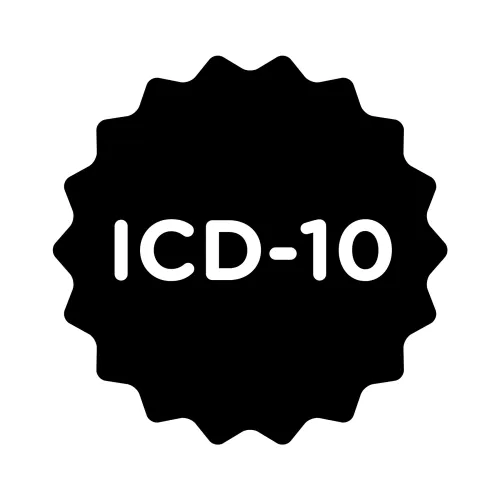WEDI: 29 States Not Prepared to Convert Workers' Comp Claims to ICD-10

If you were hoping for just one diagnosis coding system effective Oct. 1, you can think again, unfortunately.
As of Aug. 25, just 21 of the U.S. states had agreed to start using ICD-10 on Oct. 1 for their inpatient and outpatient workers’ compensation claims, according to a study by the Workgroup for Electronic Data Interchange (WEDI). States such as Ohio, North Carolina and South Dakota are prepped and ready to accept ICD-10 codes next month, while states like South Carolina say they’ll take the new diagnoses only for their inpatient claims. Still other states, including Tennessee, have pending regulations for ICD-10 claims, WEDI notes.
Many of the states are at different stages of ICD-10 readiness—so although some states may not officially be “ready,” they could be working on it—or may have created an alternate solution for their workers’ comp programs.
For instance: Wyoming will accept both ICD-9 and ICD-10 codes effective Oct. 1, allowing workers’ compensation providers a full year to transition from the current system to the new one, WEDI says. Hawaii, on the other hand, does not use ICD coding as part of its workers’ compensation system, and does not plan on doing so in the near future, WEDI notes.
Check With Your State
To find out your state’s specific workers’ compensation coding requirements, contact your state office directly, because these payers fall into a loophole in which they aren’t required to transition to ICD-10
Here’s why: Although Medicare, Medicaid, and most private health plans will be required to use ICD-10 codes as soon as the calendar turns to October, keep in mind that “non-covered entities” are not subject to that rule. Non-covered entities includes workers’ compensation, auto, property and casualty insurers.
Medicaid is different: Even though Medicaid is also run by the states, your Medicaid insurers are required to accept ICD-10 codes effective Oct. 1. And although CMS has stated that Medicare Administrative Contractors (MACs) will actually allow non-specified codes as long as you assign a code from the correct code family, this is for Medicare only. No other payers—not even Medicaid—have announced a grace period for assigning the right code, so make sure you get specific starting Oct. 1.
Resource: To review WEDI’s list of the states and their current ICD-10 readiness level, visit http://wedi.org/knowledge-center/resource-view/resources/2014/11/05/property-and-casualty-icd-10-state-readiness-resource-center and click on the Aug. 25 “State Workers’ Compensation Readiness List.”




